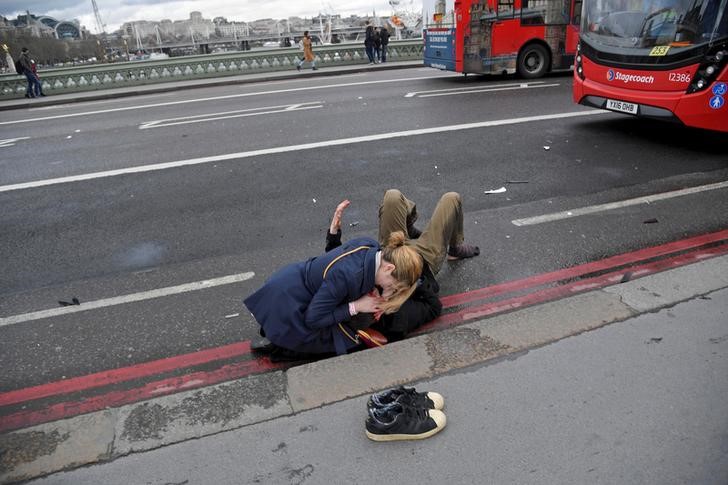
By Sarah N. Lynch
WASHINGTON (Reuters) – The Federal Bureau of Investigation is not taking appropriate steps to review and assess potential maritime terrorism risks facing U.S. sea ports, the Justice Department’s internal watchdog has found.
The audit, released on Thursday by Inspector General Michael Horowitz, found that while top FBI officials believe the country faces a low maritime terrorism threat, that view is actually based on “incomplete and potentially inaccurate information.”
Moreover, the audit found that the FBI had not conducted its own formal assessment of the matter.
In a letter to Horowitz dated Aug. 30 that was released as part of the final audit, FBI Acting Section Chief Thomas Seiler for the External Audit and Compliance Section of the Inspection Division said the FBI concurs with all of the report’s recommendations and will work to implement them.
In 2005, the FBI created a Maritime Security Program as part of its National Joint Terrorism Task Force in its counterterrorism division. That program is meant to “prevent, penetrate, and dismantle criminal acts of terrorism” directed at ports.
The audit said that top FBI officials believed the terrorism threat in this space was low based on a small number of maritime incidents and investigations logged into its database.
However, the inspector general’s office found that the FBI was not properly coding maritime-related events into its database, and identified at least 10 incidents in the system that were not categorized correctly.
In addition, the report was critical of the role the FBI plays in helping the federal government vet port and rail workers and truck drivers who are able to gain unescorted access to ports through the use of biometric smart transportation security cards.
Although the program for issuing such cards falls to the Transportation Security Administration (TSA), a part of the Department of Homeland Security, the audit uncovered “significant deficiencies” related to the FBI’s role in providing information to TSA, such as information about terrorism watch-list targets and other intelligence to help reduce the risk that someone who poses a threat may be granted unfettered access to U.S. ports.
Some of the specific findings in the report were redacted due to national security.
However, in one section of the report that was unredacted, the audit revealed that FBI memos documenting threats that certain individuals may have posed were not shared with TSA.
Those unidentified people were later removed from the FBI’s terrorism watch list and still have transportation security cards.
(Reporting by Sarah N. Lynch; Editing by Susan Thomas)














